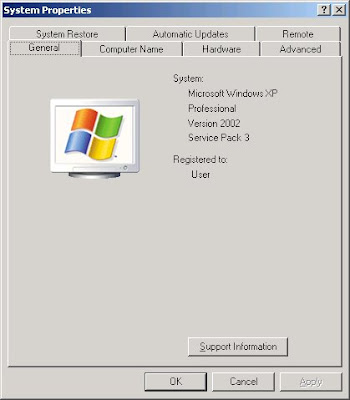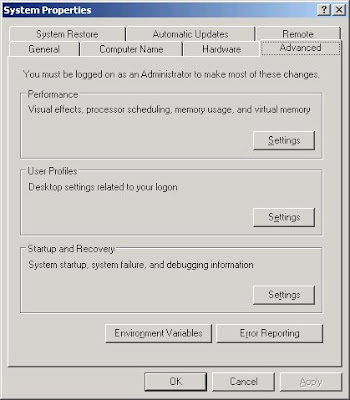In order to make their models 'work' they assigned a figure to the impact of the aerosols.
How did they come up with this figure?
Did they understand the chemistry, quantity and impact of the aerosols?
No.
They simply used a figure that 'corrected' the non-warming period.
THAT is just one of the reasons that I keep pointing out that climate models are the result of massive backfitting, which statistically invalidate them and render them incapable of forecasting anywhere near accurately, as we have seen in the last decade.
A paper has just been released from NASS GISS showing that black carbon is having a significant impact on the Arctic.
An article published this week in Nature Geoscience shows that black carbon is responsible for 50 percent, or almost 1°C of the total 1.9°C increased Arctic warming from 1890 to 2007. The paper by Drew Shindell of the NASA Goddard Institute for Space (GISS) and Greg Faluvegi of Columbia University also notes that most of the Arctic warming – 1.48°C of the 1.9°C – occurred from 1976 to 2007. The study is the first to quantify the Arctic’s sensitivity to black carbon emissions from various latitudes, and concludes that the Arctic responds strongly to black carbon emissions from the Northern Hemisphere mid-latitudes, where the emissions and the forcing are greatest.There are a few comments to make here.
Black carbon is an aerosol produced from the incomplete combustion of fossil fuels and biomass and is estimated to be the second or third largest contributor to climate change. Its emissions cause damage in two ways: while in the atmosphere, the dark particulates absorb sunlight and emit it as heat; when it falls back to earth it can darken snow and ice, reducing their reflectivity and accelerating melting.
Arctic warming is more than twice the observed global average surface warming of 0.78°C above pre-industrial levels. According to another study published by Lenton, et al. in the Proceedings of the National Academy of Sciences last year, this increased warming may soon lead to the disappearance of the Arctic summer ice, which would in turn accelerate Arctic warming by exposing darker heat-absorbing water now covered by heat reflecting ice. This would also increase the risk of releasing methane and other greenhouse gases from permafrost and from methane hydrates in the ocean, which could lead to a runaway feedback process.
“Climate conditions in the Arctic are rapidly deteriorating,” said Rafe Pomerance, president of Clean Air - Cool Planet. “This study reinforces the opportunity to control short-lived forcers of global warming including black carbon, methane and tropospheric ozone in order to slow the rate of warming in the Arctic. We cannot afford to allow the shrinkage of the Greenland ice sheet to accelerate.”
Because black carbon only remains in the atmosphere for several days to weeks, reducing it can bring about almost immediate mitigation of warming, whereas decreases in temperature lag reductions in CO2 by 1,000 years or more.
“We need to broaden climate policy to include reductions in black carbon, given its critical role in Arctic warming and overall global warming,” said Durwood Zaelke, president of the Institute for Governance & Sustainable Development. “Black carbon is part of a package of fast-action strategies that can achieve mitigation in the near term and slow Arctic warming, including targeting short-lived, non-CO2 climate forcers such as HFCs, methane, and tropospheric ozone, as well as increasing carbon sequestration through forest protection and production of biochar.”
1. Dealing with airborne particulates is an important matter and we should be demanding that China, and other emerging markets (known as BRIC), do more to deal with air pollution.
2. The article invalidates claims that the warming in the Arctic is as predicted by climate models. This black carbon effect is not included in climate models so if they have managed to get a number close to what we see then it's the result of other faulty factors and not reality - in the same way as Hansen Scenario B claimed to be correct for a while but used inputs that did not reflect what actually happened over the period.
3. Expect to see climate astrologers recycling the aerosol argument to explain the current period of cooling that has not seen temperatures rise above those achieved in 1998.
(Nothing Follows)


















